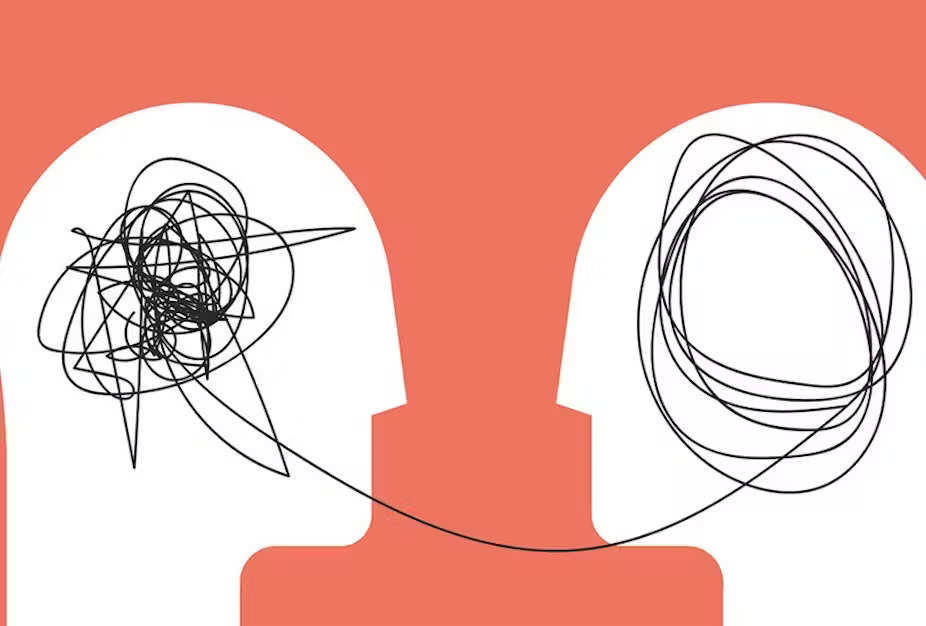So, what stands in the way of more of the good stuff spreading across companies’ higher echelons?
Thinking errors and empathy
For the past decade, I have devoted my career to studying how leaders learn coaching skills, working with young professionals and experienced executives as well as consulting with organisations on leadership development. Empathy was one of the nine core skills we looked into in our latest paper on effective leadership.
Managers, it turns out, rated expressing empathy as the most challenging communication skills, above asking questions and providing feedback.
The trend appears to be linked to a number of old-school thinking errors, such as:
- All or nothing approach: “If I show a little empathy then I will have crying employees in front of me.”
- Heavens-reward fallacy: “If I give my empathy, then I expect to be rewarded for it, so the other person owes me something and if they don’t give it back this proves I’m wasting my time.”
- Implicit stereotype: “Leaders who show empathy are weak, so I better appear strong and tough.”
In truth, a strong leader is an empathic one. We are not weak because we care about others.
The challenge of remote working
Another perceived obstacle to empathy has been the culture of remote working. CEOs noted that virtual interactions, be them through e-meetings or e-mails, robbed them of in-person communication cues, such as body language.
However, workers on the receiving end did not appear to believe that remote working inherently privileged unsympathetic behaviour. In fact, some employees preferred e-mails on the basis that they gave them time to think and not react immediately, and sometimes impulsively.
Executives blaming remote working for their behaviour might therefore wish to reflect upon whether cognitive bias or stereotypes listed above, rather than working from home, might be impeding them from tapping into empathy.
Moreover, there are steps that can be taken to translate emotions to the virtual world. Remember: the important thing is not what you say, but how you say it. One of the things we’ve observed is that on video calls, participants often think that a screen means they can forget their own facial expressions. Conversely, some managers are so focused on how they present themselves that they stare at their own image and lose focus on listening.
It’s all about finding the right balance and getting used to showing empathy virtually. Managers should not forget their voice either, particularly during video calls, because the voice becomes very important when participants are doing several things at once, listening without necessarily looking at you all the time. In other words, signs of agitation or stress in the voice, or leaving little room for questions, will send signals of a lack of empathy.
Strengthen the empathy muscle
To get around these obstacles, here are a few tips on how to start showing empathy:
- In every interaction, always remember to listen, ask questions and signal that show you’ve understood the messages – without falling into artificial communication. This will strengthen your empathy “muscle” through training and experience.
- Record a video during daily interactions. Even if it’s initially strange to see ourselves on video or to analyse the “how” of our communication, these debriefing sessions can help identify certain mistakes.
- Try to find someone who is known for their empathy. Observe and ask questions to improve.
Ignoring emotions at work doesn’t help to foster a productive environment. It’s high time we recognised empathy as the essential leadership skill that it is.


Haaretz editor Gideon Levy has a short video on why Israelis accept the government policy on treatment of Palestinians. Besides the “God gave us the land” and “we are the poor victims” usual words there is the complete inability to put themselves in the place of the people they occupy and destroy. NO empathy whatsoever. it cannot surely be inborn so it must be taught and cultivated in Israeli society.